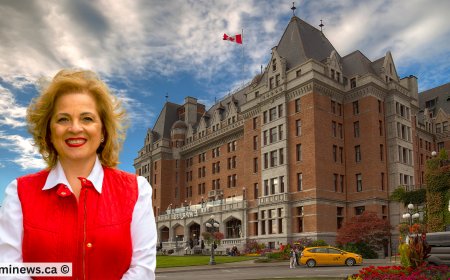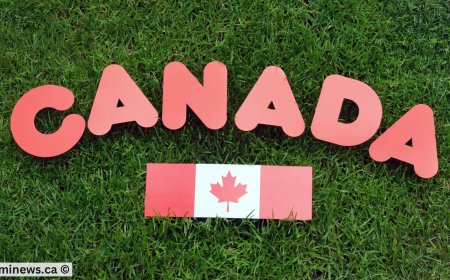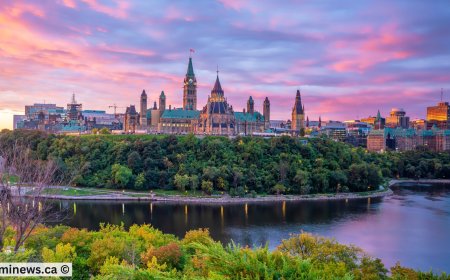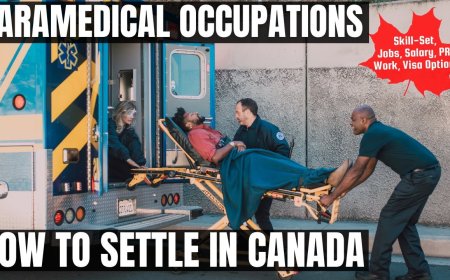Physiotherapists Canada Immigration Pathways: Understanding Salaries, Work Roles, and Best Provinces
Welcome to the pathway to Canada immigration for skilled professionals and trade workers. This guide is specifically tailored for Physiotherapists looking to work and settle in Canada, offering a deep dive into the essential aspects of immigration and employment in this field.
Introduction
In this article, we will be exploring the career and immigration prospects for Physiotherapists in Canada. As per the National Occupation Classification code (NOC Code) 3142, physiotherapists play a vital role in helping individuals recover from injuries, surgeries, and other physical ailments. We will delve into the profile description, main job duties, education and licence requirements, skills needed, median age and retirement trends, salary details, and possible visa options for physiotherapists looking to pursue their career in Canada. Join us as we uncover the opportunities and pathways available for physiotherapists in the Great White North.
What is the Profile Description of a Physiotherapists as per the Canadian National Occupation Classification (NOC) Standards?
Physiotherapists evaluate patients' physical abilities and create personalized treatment plans to help improve their mobility, alleviate pain, and prevent further physical issues. They work in a variety of settings such as hospitals, clinics, sports organizations, and private practices to assist patients in maintaining or restoring their physical function. Additionally, physiotherapists may provide rehabilitation services and care for individuals in extended care facilities.
What are the Main Job Duties of a Physiotherapists in Canada?
- Assess patients' physical abilities through evaluative procedures such as functional ability tests
- Establish treatment goals with patients based on physical diagnoses
- Plan and implement programs of physiotherapy including therapeutic exercise, manipulations, massage, education, the use of electro-therapeutic and other mechanical equipment and hydro-therapy
- Evaluate effectiveness of treatment plans and modify accordingly
- Communicate with referring physician and other healthcare professionals regarding patients' problems, needs and progress
What are the Education, Certifications, and Licensing Requirements to Work as Physiotherapists in Canada?
To become a Physiotherapist, individuals must have a university degree in physiotherapy and undergo supervised practical training. In Quebec, Physical Rehabilitation Therapists must complete a 3 year college program. Additionally, a license or registration with a regulatory body is necessary in all provinces and territories. Completion of a physiotherapist competency examination is also required in all provinces and territories.
What Essential Skills are Required for Physiotherapists to succeed in Canada?
In order to be successful as a physiotherapist, individuals must possess a variety of essential skills. These include the ability to assess patients' physical abilities, administer evaluative tests and procedures, plan physiotherapy programs, select appropriate exercises, apparatus, and manipulations, maintain clinical and progress reports, confer with other health professionals, conduct research in physiotherapy, and teach and/or supervise exercises to patients. To excel in this profession, physiotherapists must have a strong foundation in anatomy, physiology, and kinesiology, as well as excellent communication and interpersonal skills to effectively work with patients and other healthcare professionals. Additionally, critical thinking, problem-solving, and a commitment to continuing education and professional development are crucial for success in this field.
What is the Median Age and Retirement Age for Physiotherapists in Canada?
Skilled professionals working as Physiotherapists have a median age of 41.0, indicating that a significant portion of individuals in this profession are in the middle of their careers. The average retirement age for Physiotherapists is 66.0, suggesting that many individuals in this field continue to work well into their later years. This data highlights the dedication and longevity of Physiotherapists in their careers, as they strive to provide excellent care and support for their patients throughout their professional lives.
How many job openings exist for Other Physiotherapists in Canada, and what's their provincial distribution?
In Canada, there are a total of 88 job openings for Physiotherapists. Among the provinces, Quebec has the highest number of job openings with 29 positions available, followed by Ontario with 21 openings and British Columbia with 14 openings. Alberta has 10 job openings, Saskatchewan has 7, Manitoba has 3, Nova Scotia has 2, and both New Brunswick and Newfoundland and Labrador have 1 job opening each. Quebec has the highest number of job openings for Physiotherapists, while Newfoundland and Labrador have the lowest number of job openings in the country. The demand for physiotherapists varies across provinces, with opportunities available in different regions for qualified professionals to explore.
What is the hourly wage or salary of Physiotherapists in different Provinces of Canada?
The wage analysis for Physiotherapists in Canada shows a significant variation in pay across provinces. In British Columbia, the low wage for this profession is $34.00, the median wage is $40.38, and the high wage is $48.08. Moving to Alberta, the low wage remains the same at $34.00, but the median jumps to $44.68 and the high reaches $61.54. Saskatchewan falls in between with a low wage of $33.00, a median of $43.00, and a high of $47.67. In Manitoba, the wages are slightly lower with a low of $26.25, a median of $38.00, and a high of $44.30. Ontario follows closely behind with a low of $28.51, a median of $40.51, and a high of $46.00. Quebec has the highest high wage at $49.00, but the lowest median at $36.00 and a low of $24.00. The Atlantic provinces of New Brunswick, Nova Scotia, Prince Edward Island, and Newfoundland and Labrador all have lower wages compared to the national average. New Brunswick has a high wage of $38.00, a median of $36.38, and a low of $22.00. Nova Scotia sees a high of $43.00, a median of $34.87, and a low of $22.00. Prince Edward Island has a high of $45.10, a median of $38.46, and a low of $33.14. Newfoundland and Labrador has a high of $45.10, a median of $36.38, and a low of $25.96. Overall, Alberta offers the highest wages for Physiotherapists in Canada, while Quebec has the highest high wage. It is clear that wages for Physiotherapists can vary significantly depending on the province in which they work.
What are the various visa options available for Physiotherapists migrating to Canada?
Physiotherapists are currently in high demand in Canada and are eligible for Category based Express Entry Invitation draws for Canadian PR under the Healthcare Occupations Category. The Express Entry system is a points-based system that ranks candidates based on factors such as age, education, work experience, and language proficiency. Physiotherapists can also explore Provincial Nominee Programs, which allow provinces to nominate individuals for permanent residency based on their specific skills and labor market needs. Additionally, there are Employer Sponsored Work Visas available for physiotherapists looking to work in Canada temporarily. Other visa options may also be open for this profession. To learn more about the migration options available for physiotherapists in Canada, book an appointment with our professionals today.
Have Questions or Need Assistance?
If you have any queries or require assistance with your immigration plans, we're here to help. Our experienced immigration consultants are ready to provide personalized guidance tailored to your specific needs.
Don't hesitate to reach out and schedule an appointment today. Whether you're seeking clarification on immigration processes, exploring visa options, or need support with documentation, we're dedicated to assisting you every step of the way.
Book an appointment with our team to discuss your immigration goals and receive expert guidance for your journey to Canada.
What's Your Reaction?
 Like
0
Like
0
 Dislike
0
Dislike
0
 Love
0
Love
0
 Funny
0
Funny
0
 Angry
0
Angry
0
 Sad
0
Sad
0
 Wow
0
Wow
0







































































